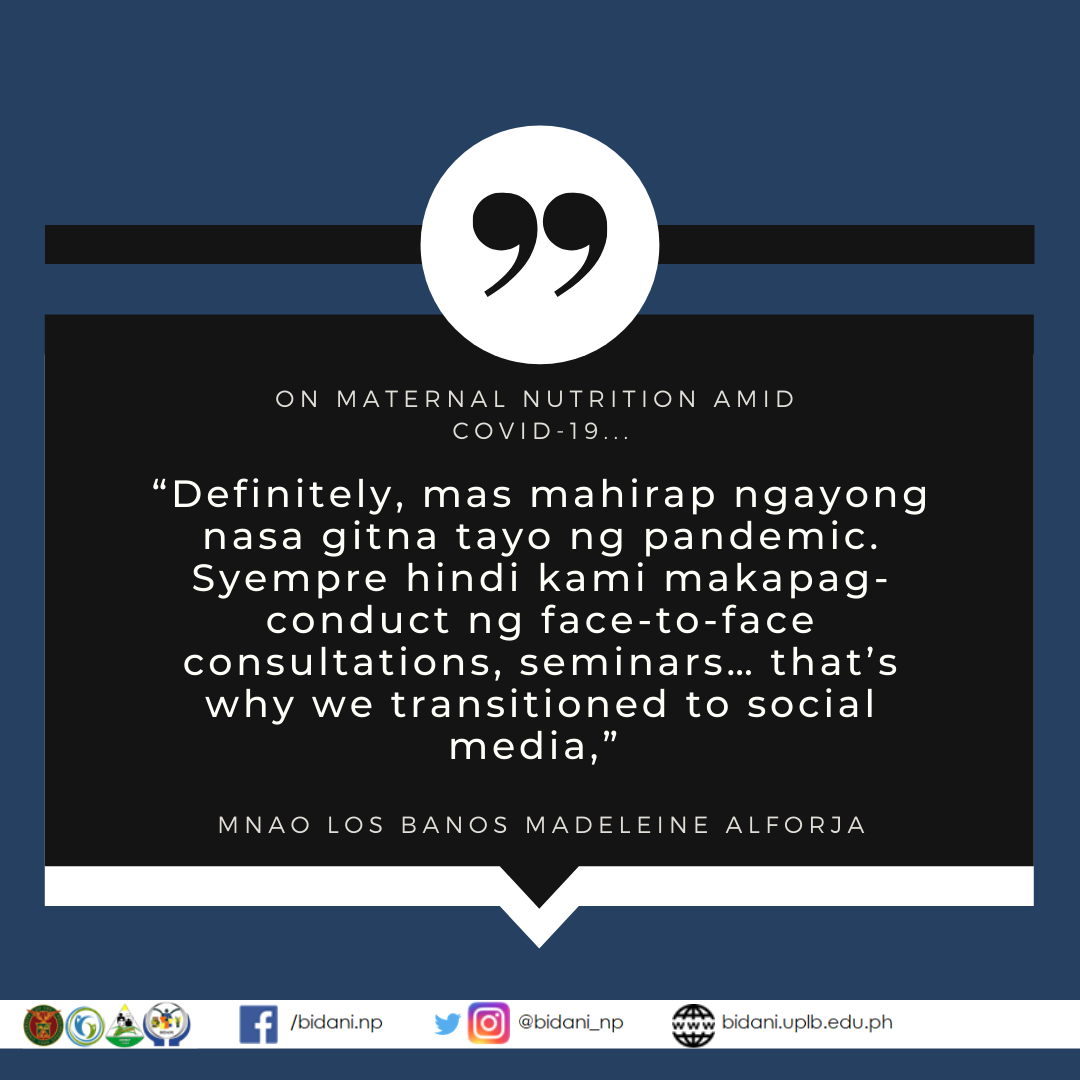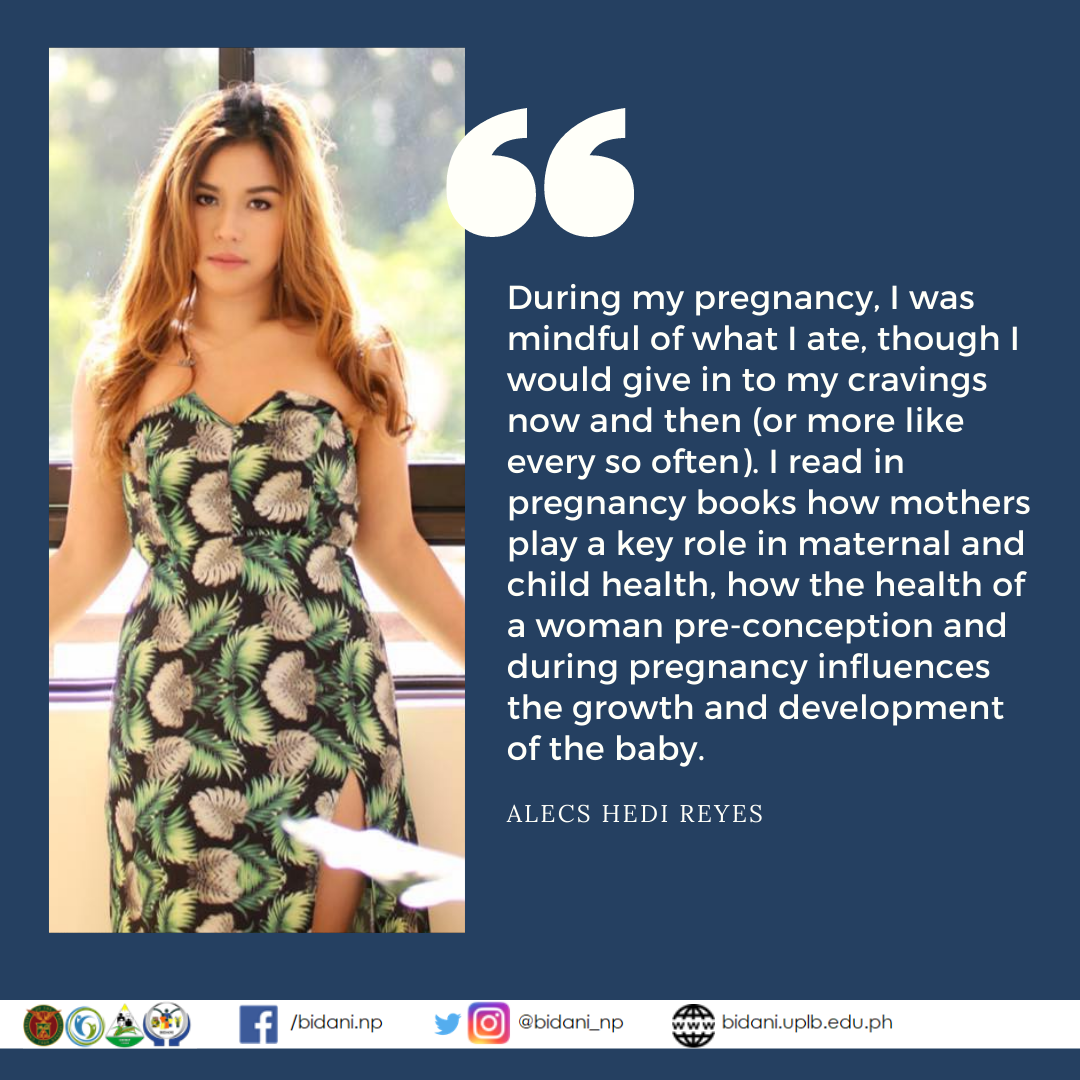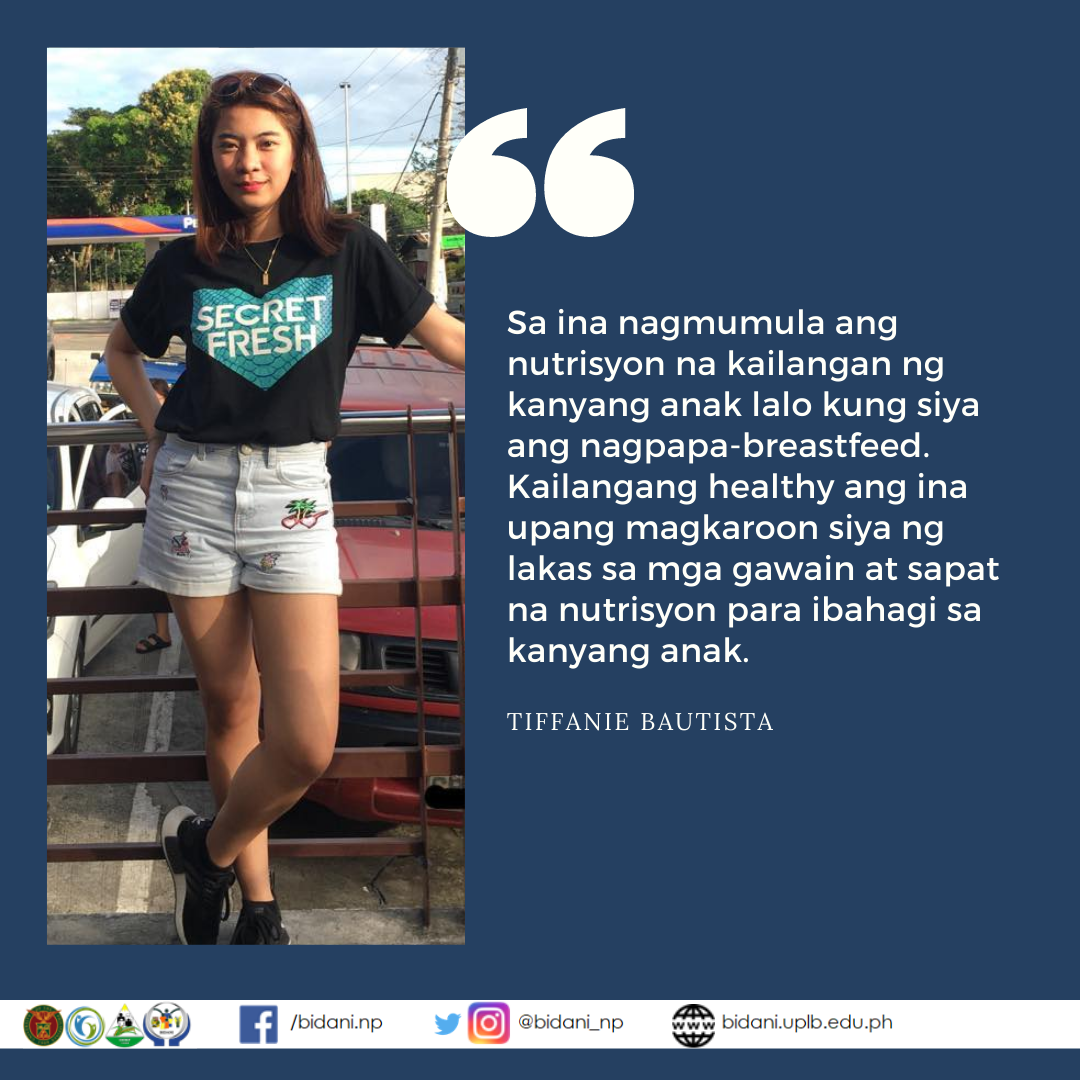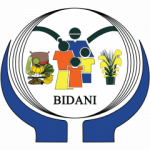It was no longer news to everyone how the COVID-19 has affected almost every sector of society, ranging from agriculture, education, governance, commerce, and health and nutrition. However, the extent of the damage has been yet to be determined, considering the continuous surge worldwide. According to Headey et al. (2020), the COVID-19 pandemic has an unprecedented global crisis both socially and economically, which eventually jeopardized infant’s nutritional status and the lives in low- and middle-income nations.
The concerning increase of malnourished children in the country had prompted the National Nutrition Council Technical Committee to concur with this year’s Nutrition Month campaign – “Malnutrisyon patuloy na labanan, First 1000 days tutukan!” The decision was made because only 11% of the poll respondents were aware of the first 1000 days’ approach. The theme also enforce Republic Act 11148, popularly known as the Kalusugan at Nutrisyon ng Mag-Nanay Act of 2018 to scale up the nutrition interventions and services within the first 1000 days.
Maternal nutrition amid the COVID-19
Ms. Madeleine Alforja, the Municipal Nutrition Action Officer of Los Baños, concurs with the effects of the pandemic. There was a decline in the office’s physical efforts regarding disseminating the importance and relevance of proper maternal nutrition. In addition, face-to-face interactions with their target stakeholders were limited as they opted to shift to social media exchanges.
“Definitely, mas mahirap ngayong nasa gitna tayo ng pandemic. Syempre hindi kami makapag-conduct ng face-to-face consultations, seminars… that’s why we transitioned to social media,” said MNAO Alforja.
She also emphasized the key challenges of maternal nutrition especially now that the entire municipality of Los Baños is conforming to the limitations brought upon by the COVID-19 pandemic.

Key Challenges of Maternal Nutrition
According to MNAO Alforja, she observed five challenges in maternal nutrition in Los Baños. First is the hesitancy in consulting a doctor, physician, or specialist due to the dangers of the pandemic. It resulted in a dip in the numbers of pregnant women that regularly attend their checkups. Second, some claim that a pregnant woman could not be vaccinated until her third trimester. However, the Centers for Disease Control and Prevention (2021) stated that COVID-19 vaccine is advised for all people aged 12 and above, including those who are pregnant, breastfeeding, attempting to conceive, or may conceive in the future. The third and fourth key challenges mentioned were the discussion among mothers about the insuffiency in breast milk production and the mother’s lack of knowledge and orientation in breastfeeding and proper maternal and childcare. These two challenges are more noticeable, particularly for first-time mothers and teenagers. And the fifth challenge is the hazardous impact of teenage pregnancies.
Concerning these challenges, the impacts affect both the mother and the infant more often than not. Mothers will be at risk if they are not given proper medical attention. Possibilities of developing severe complications such as diabetes and hypertension will increase over time. And as for infants, low birth weight might be a possibility which eventually increases the likelihood of stunting among under-five children. According to Stanford Children Health (2021), the term “low birth weight” refers to babies born weighing less than 5 pounds, 8 ounces (2,500 grams). A newborn typically weighs around 8 pounds. On the other hand, stunting is the impaired growth and development that children experience from poor nutrition, repeated infection, and inadequate psychosocial stimulation (WHO, 2015).
Question: As a mother, what do you think is the primary significance of nutrition in household management? (Bilang isang ina, ano sa tingin mo ang kahalagahan ng nutrisyon sa pangangalaga sa inyong pamilya?)
Ms. ALECS HEDI Reyes: “As a mother to a 20 month old toddler, I truly believe that good nutrition is important to have a healthy life, especially more so in the middle of the pandemic. I was brought up in a health conscious family/household because of my parents’ family health history. Some of my relatives on my father’ side had diabetes, while we’re prone to heart-related diseases/sicknesses on my mom’s side. Nutrition plays a big part in that. My family eats together every dinner during our bonding, and I noticed that we eat more healthfully at the dinner table without soft drinks and junk foods.
As a mother, I play a key role in my daughter’s eating habits since day one. During my pregnancy, I was mindful of what I ate, though I would give in to my cravings now and then (or more like every so often). I read in pregnancy books how mothers play a key role in maternal and child health, how the health of a woman pre-conception and during pregnancy influences the growth and development of the baby. Since I found out about my pregnancy a bit late (I was three months pregnant already), I tried to catch up on lost time. I started eating healthy food and taking prenatal vitamins to ensure my baby gets the nutrients she needs. Today, my rambunctious toddler is healthy, active, and strong. I’ve tried to develop my child’s healthy eating habits early in life and to make sure it provides her energy and fuel her mind and body.”

Ms. TIFFANIE Bautista: “Ito ay mahalaga sa isang ina, upang makapagbigay siya ng sapat na nutrisyon sa kanyang baby. Sa ina nagmumula ang nutrisyon na kailangan ng kanyang anak lalo kung siya ang nagpapa-breastfeed. Kailangang healthy ang ina upang magkaroon siya ng lakas sa mga gawain at sapat na nutrisyon para ibahagi sa kanyang anak. Kung ang ina ay may sapat na nutrisyon, magkakaroon siya ng lakas upang magampanan ang mga tungkulin bilang isang asawa at ina sa pamilya. Kung walang lakas at sapat na nutrisyon ay makakaapekto ito hindi lang sa kalusugan kundi pati na rin sa mga araw-araw na gawain, kaya mahalaga na mapanatiling maayos ang kalusugan ng bawat isa sa pamilya.”

– Ms. Alyanna Marie B. Lozada. Ms. Lozada is a BS Development Communication student and intern at UPLB BIDANI from July-August 2021. She provided assistance in the Development Communications Operations of BIDANI.

